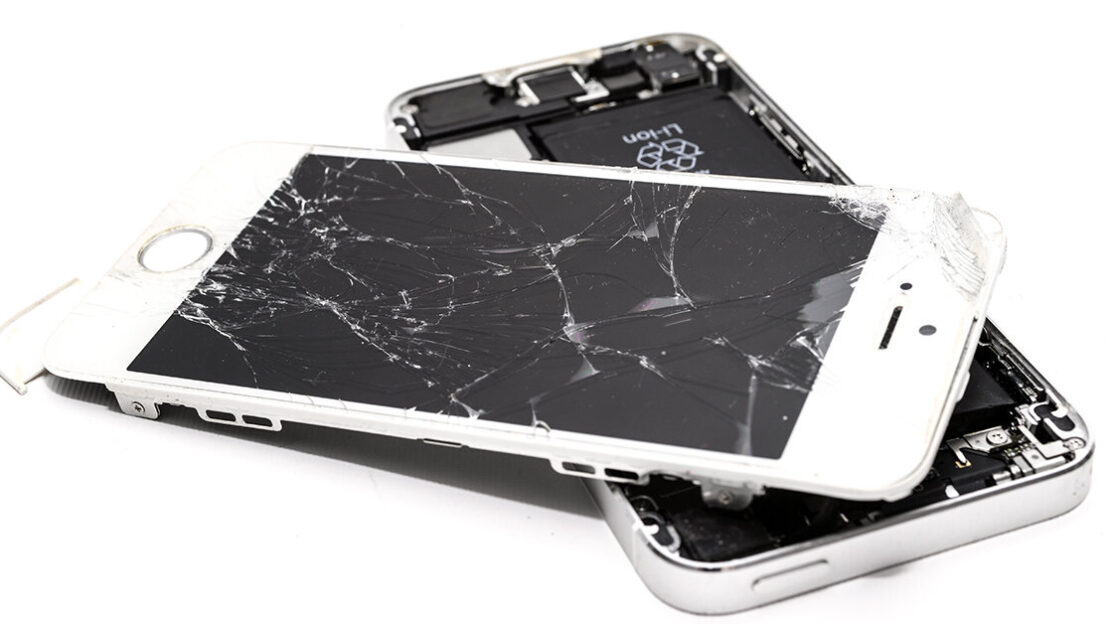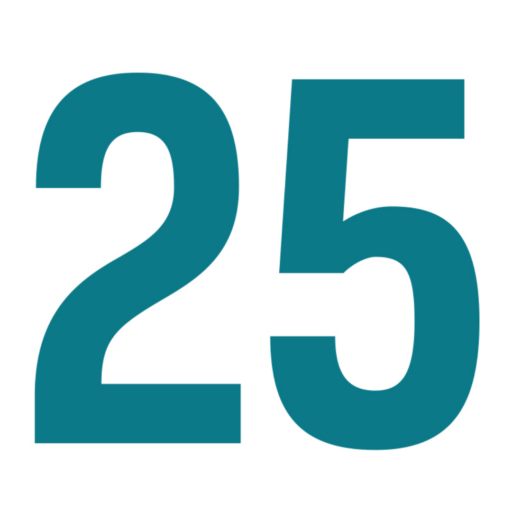Chiara Badiali, Knowledge Lead at Julies’ Bicycle, unpicks the meaning and issues around WEEE, Waste Electrical and Electronic Equipment.
This blog was first written for Julie’s Bicycle as part of their ‘Deciphering Green Gibberish’ article – Read it for more insights into the thicket of jargon that can crowd the environment and climate space.
WHAT ON EARTH IS WEEE?
In environmental circles, WEEE is not an exclamation of joy, but an abbreviation for ‘Waste Electrical and Electronic Equipment‘. We have a specific abbreviation for it because there are European and UK laws (the WEEE Directive) that govern how we dispose of and recycle WEEE, because of the complex range of materials including some hazardous substances it’s made from. E-waste is also a human rights issue. A lot of e-waste is illegally exported from the UK to countries in the global south, where people taking it apart for recycling can be exposed to health-harming chemicals without appropriate protective gear, and it can contaminate local soil or water.
E-waste isn’t just electronics discarded by households – more e-waste comes from the supply chain. So while we should be aware of how we dispose of our electronics, this is also about buying less in the first place, sharing, fixing, buying things second-hand/refurbished, and asking for policy change to make things longer-lasting and more repairable (like the EU’s ‘right to repair’ rules).
A few years ago, JB ran an ‘e-waste teardown’ together with the RSA’ s Great Recovery Project at which we invited people to take apart turntables, phones, Walkmen and more to better understand the stuff that ‘powers’ our music making and listening, and come up with ideas for shifting towards a circular economy.
The WEEE Regulations cover most things that have a plug or need a battery. Don’t throw WEEE in your normal bins – bring it to a collection point (if you’re an individual) or hire a collection service that is WEEE compliant (if you’re a business getting rid of lots).
And if you want to get creative, check out Colchester Arts Centre‘s ‘Cables Amnesty’ day organised by Creative Climate Leader Anthony Roberts, encouraging everyone to relinquish the box of cables we all have somewhere, gathering dust.
This blog originally appeared in our August 2020 newsletter. Sign up receive monthly event sustainability news, case studies and guest blogs direct to your inbox using the form below.


